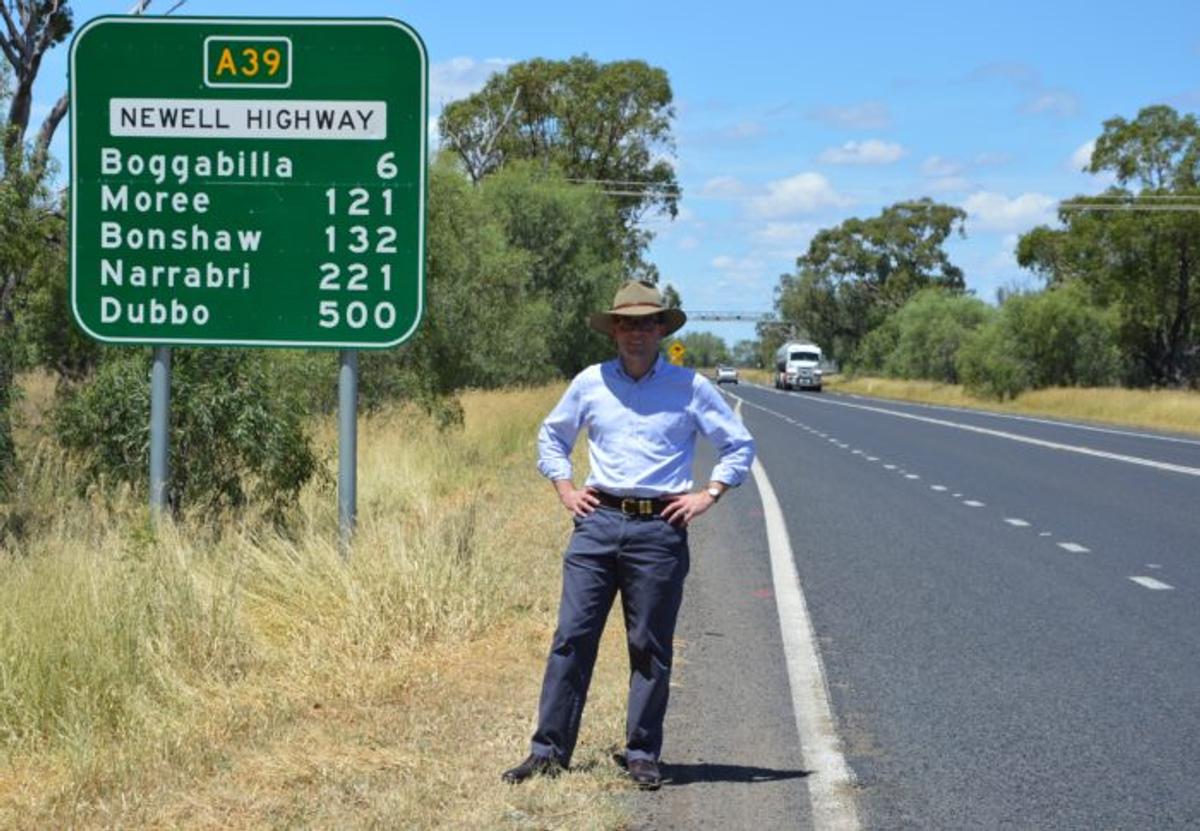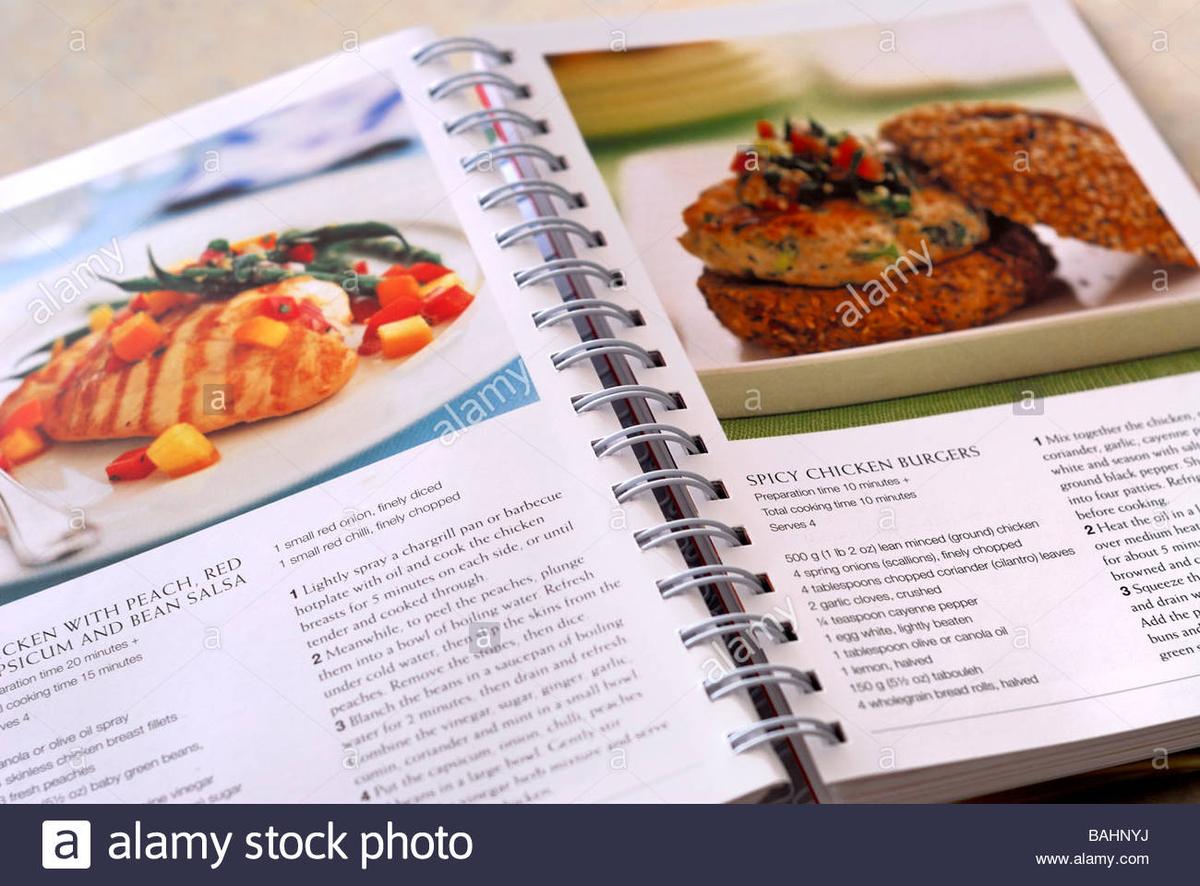F-2 News
Play matters - July 2020
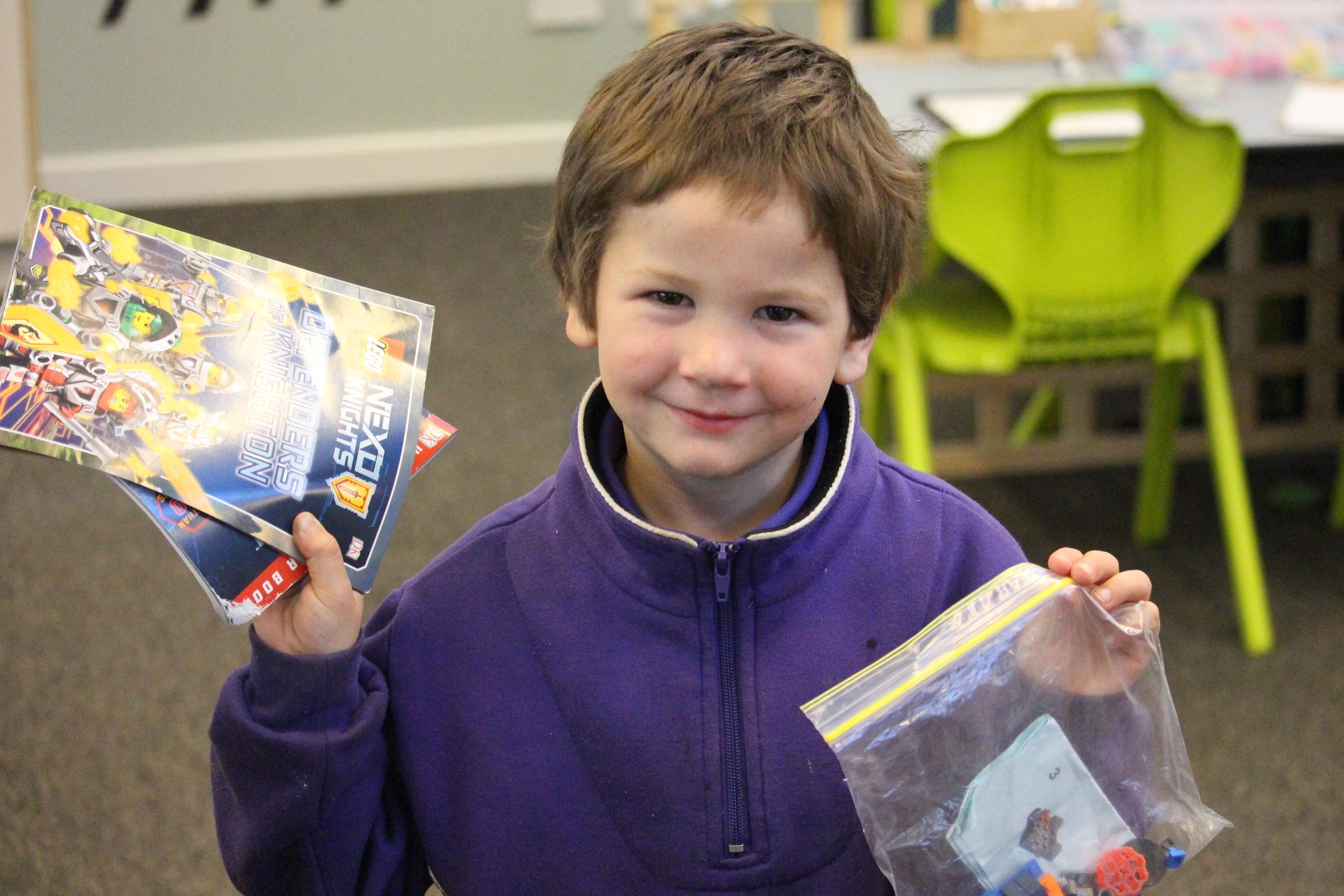
F-2 News
Play matters - July 2020
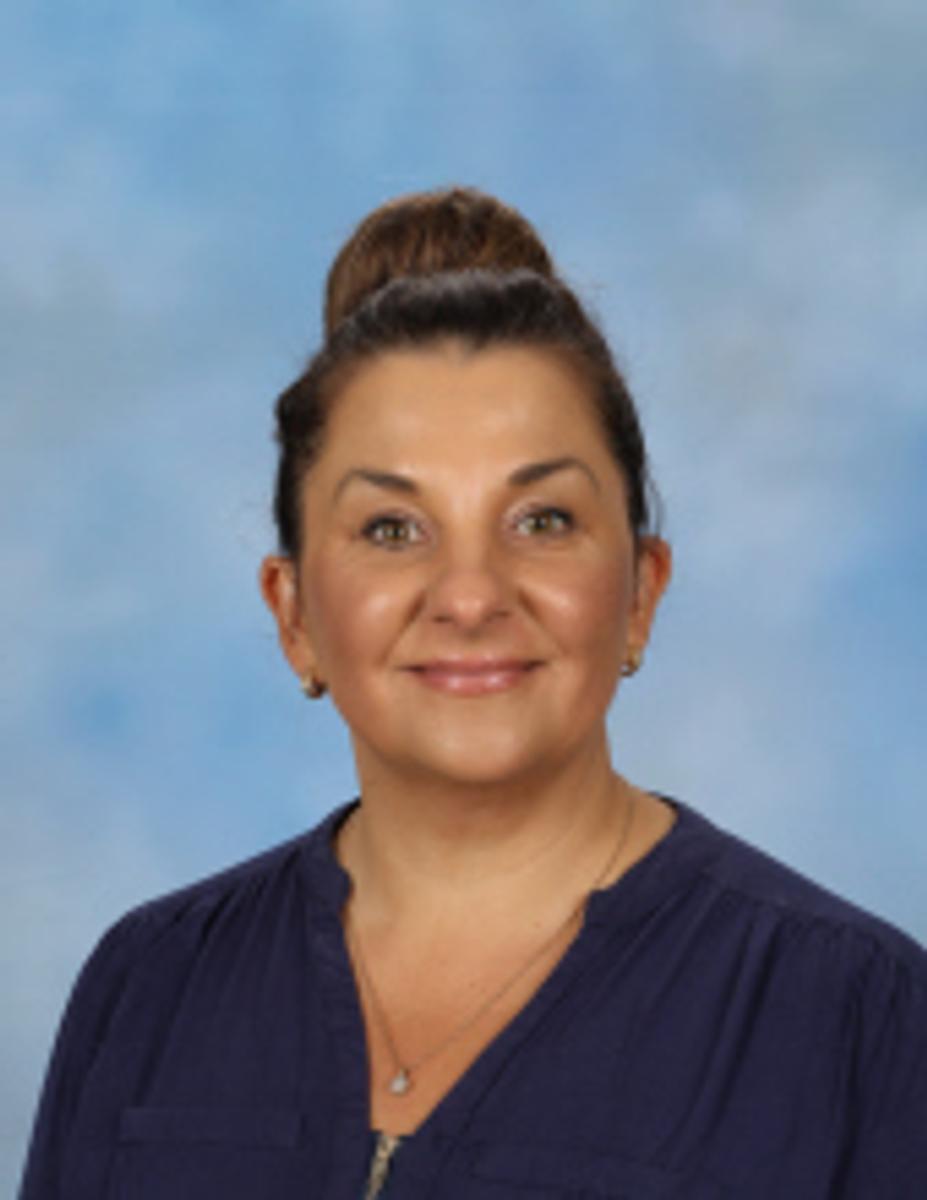

Investigating through play is engaging and fun. It develops life skills, builds on literacy and numeracy skills and acts as a springboard for learning for the rest of the day.
I’ve heard some people say that investigation looks like freestyle play as they see students self-select activities and acting independently. In reality each station is intentionally designed by teachers in line with current learning. So there is method to the madness.
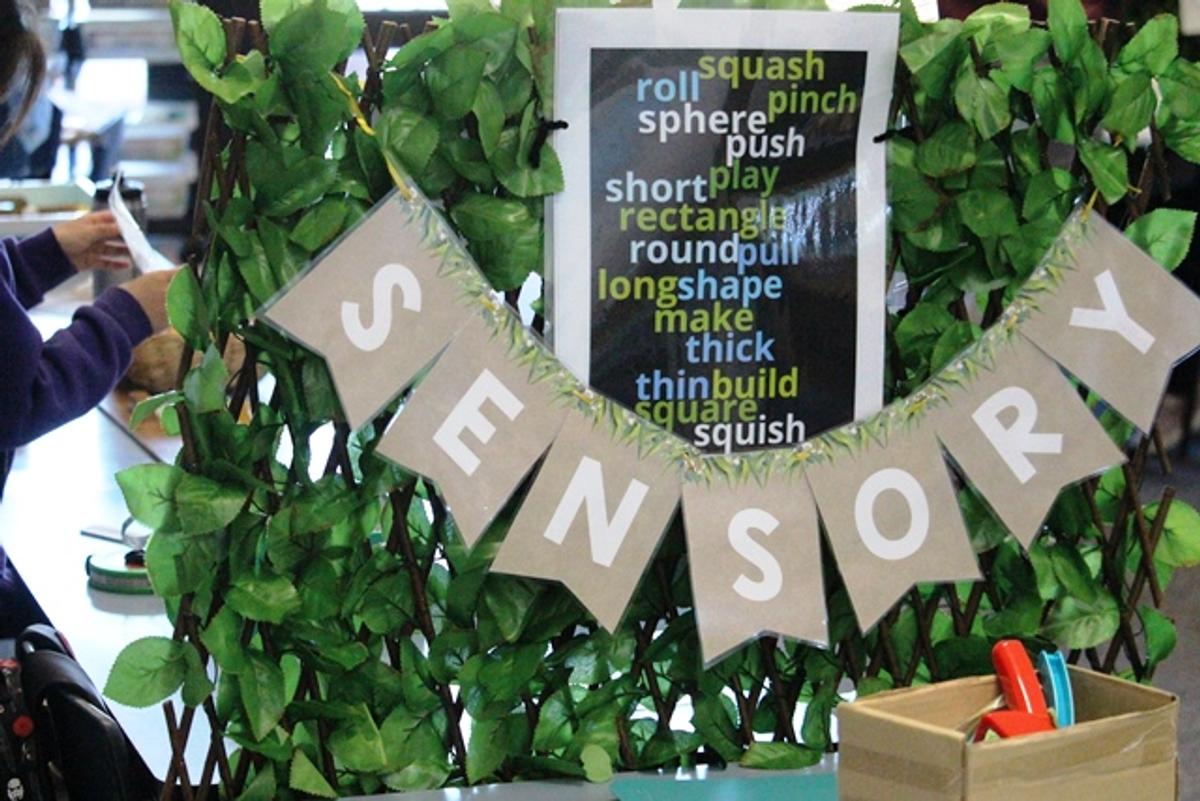

What does an investigation session look like in the classroom
Tuning in - During tuning in the teacher gets students excited to investigate by talking about the things they are interested in and where they can go to practice the skills being focused on. They will also have four students that have a specific role during the session come out the front and discuss what they will be investigating. These roles include the focus students, reporter and photographer.
Investigation
After tuning in the students are sent off to engage in the different stations they are interested in. There are a number of different stations set up that include: Reading, Writing, Maths, Science and Nature, Construction, Dramatic Play, Sensory and Collage.
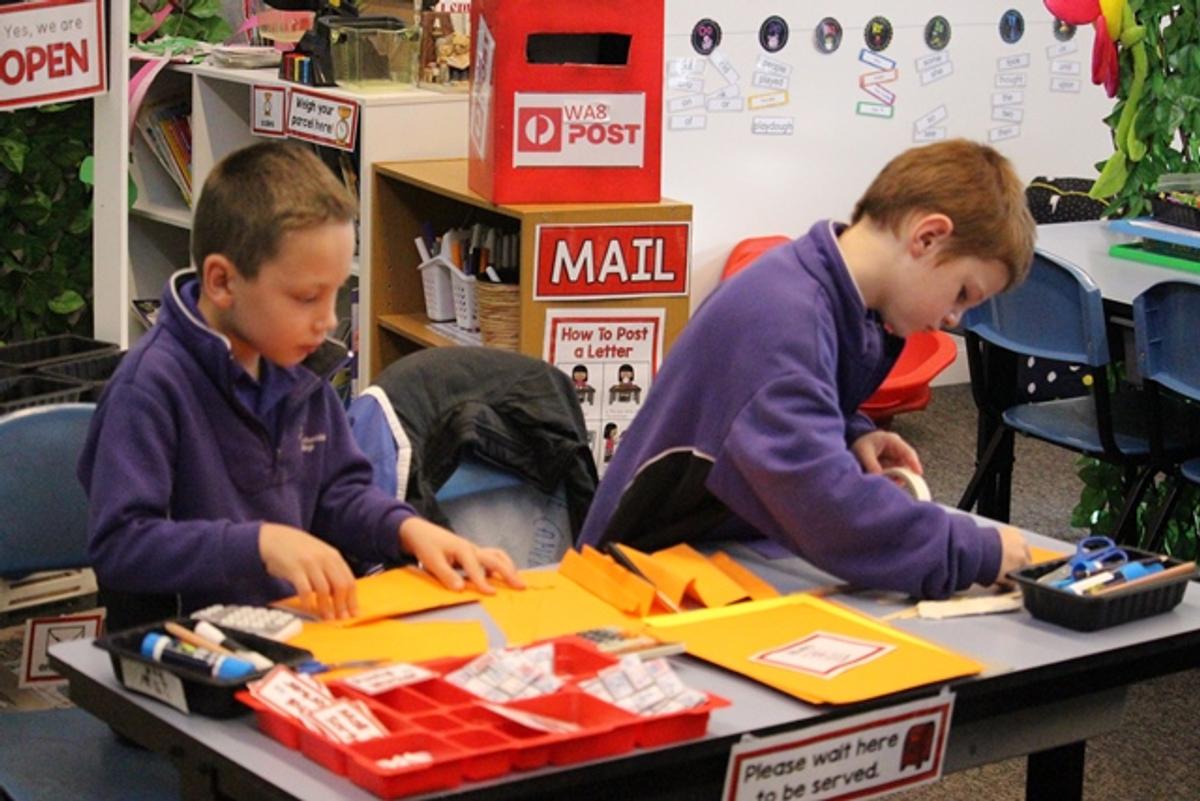
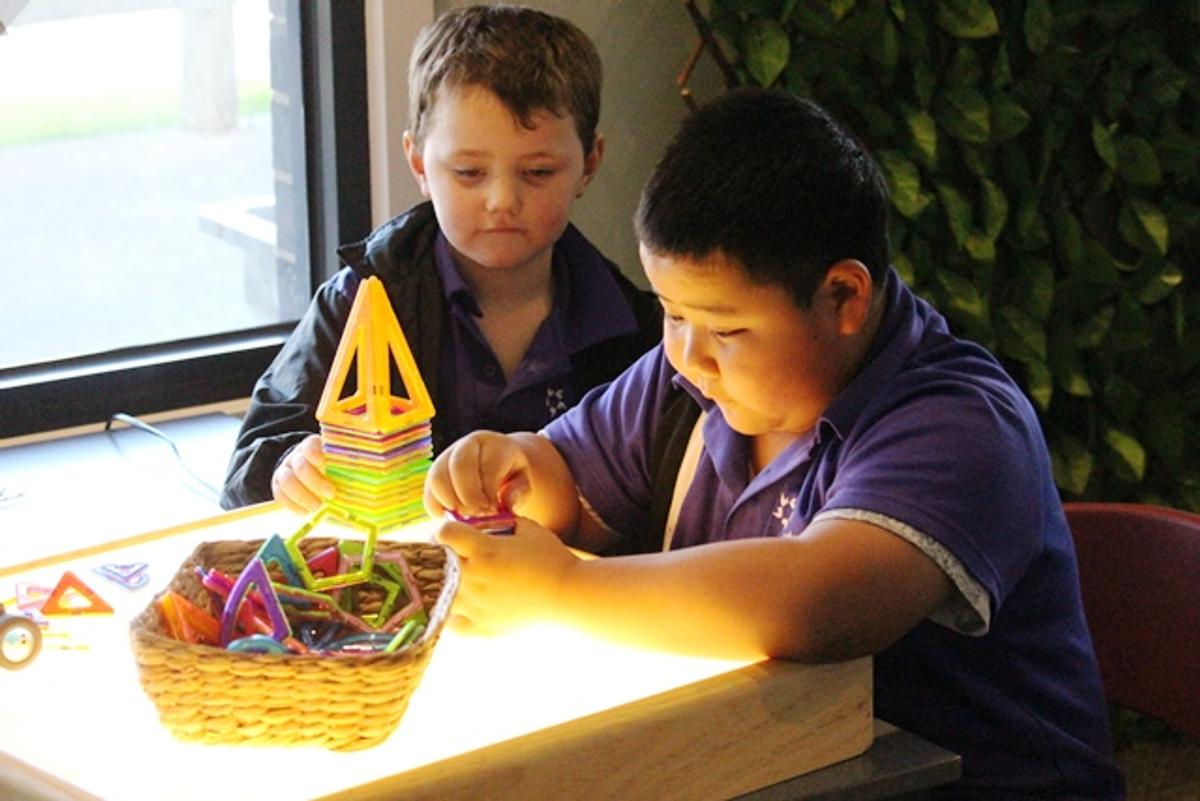
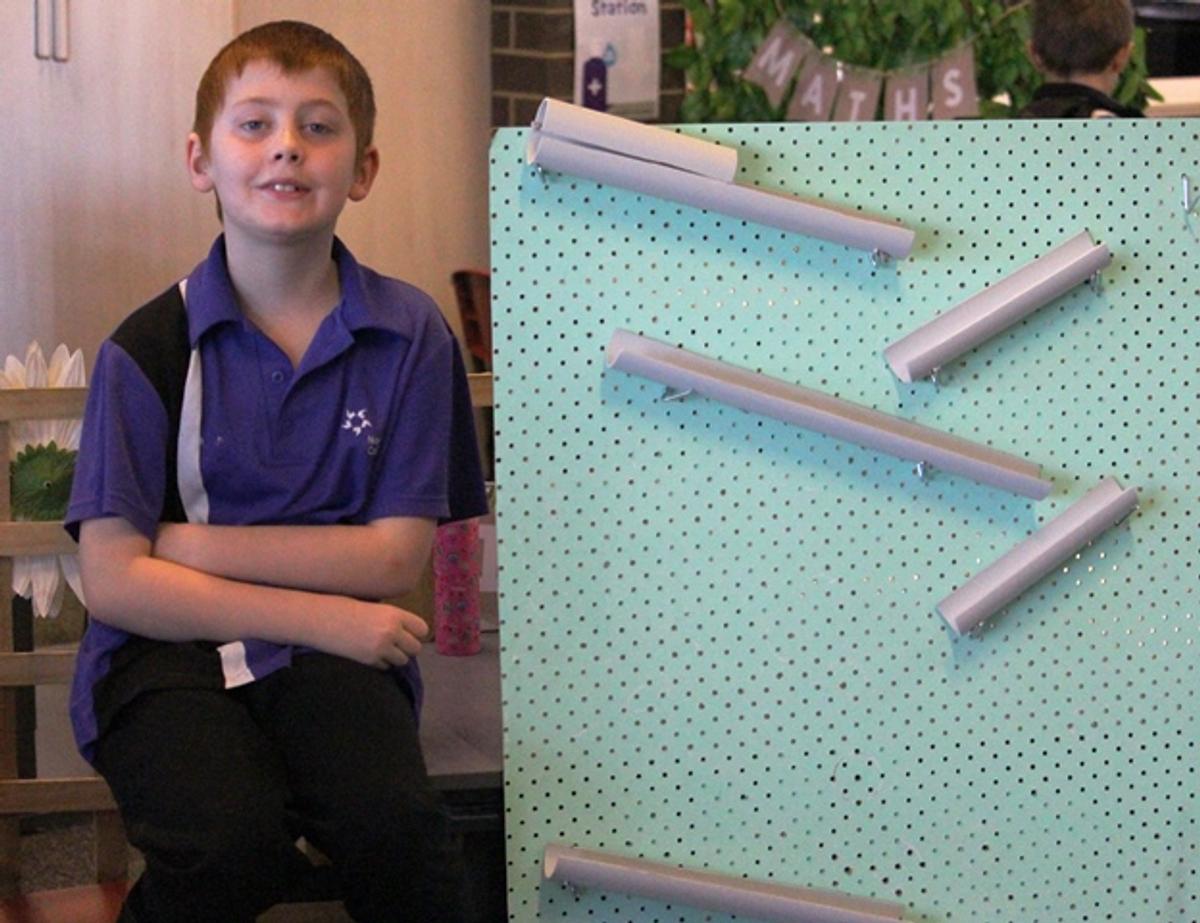
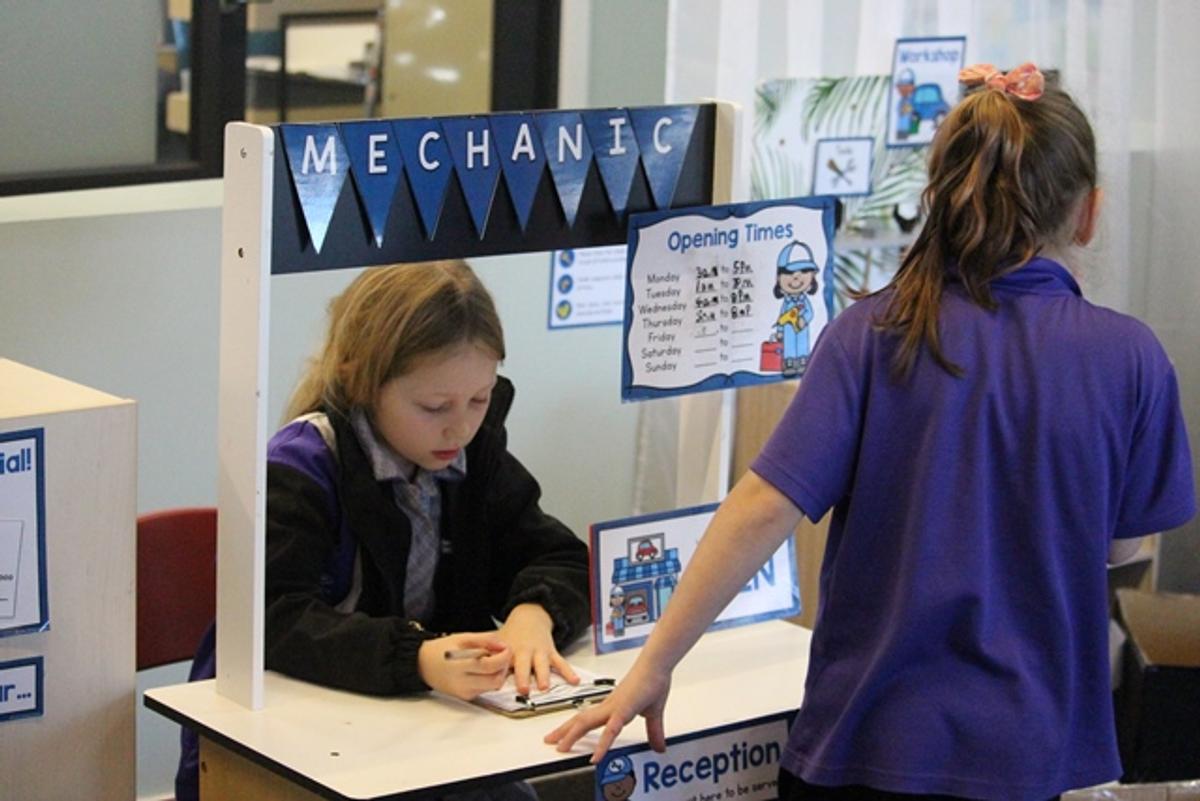




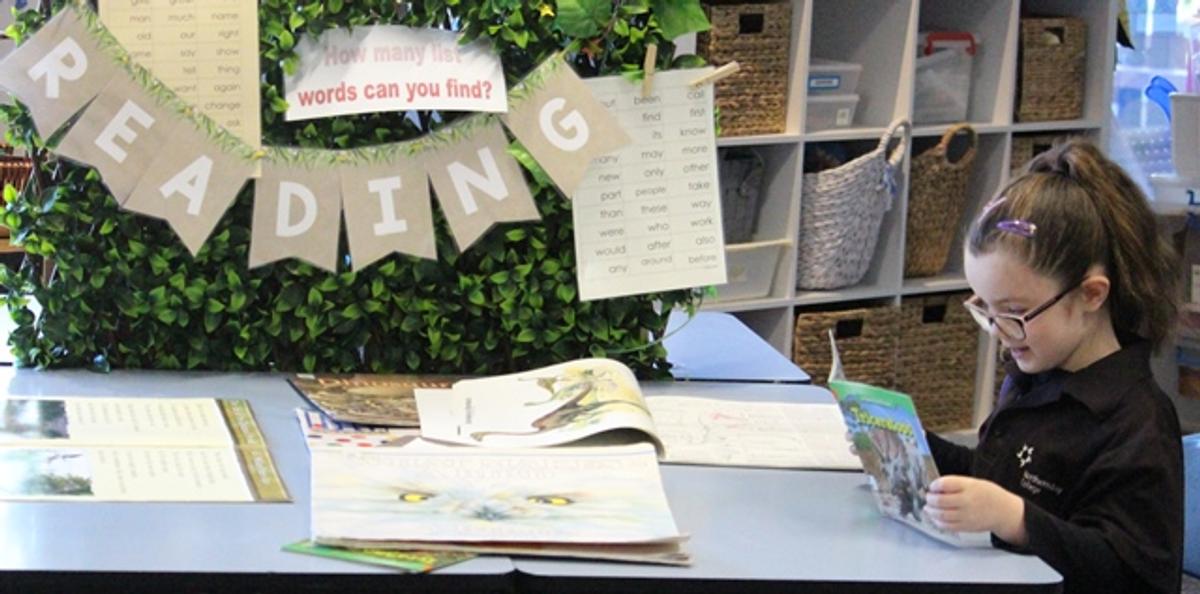
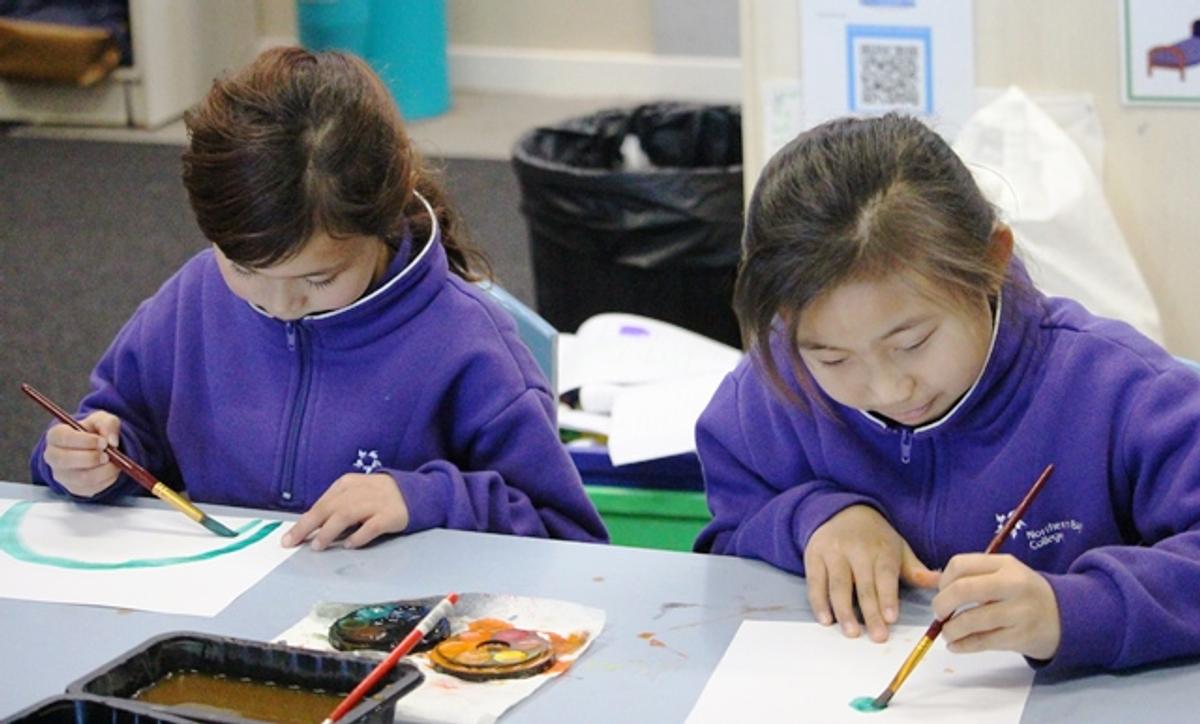
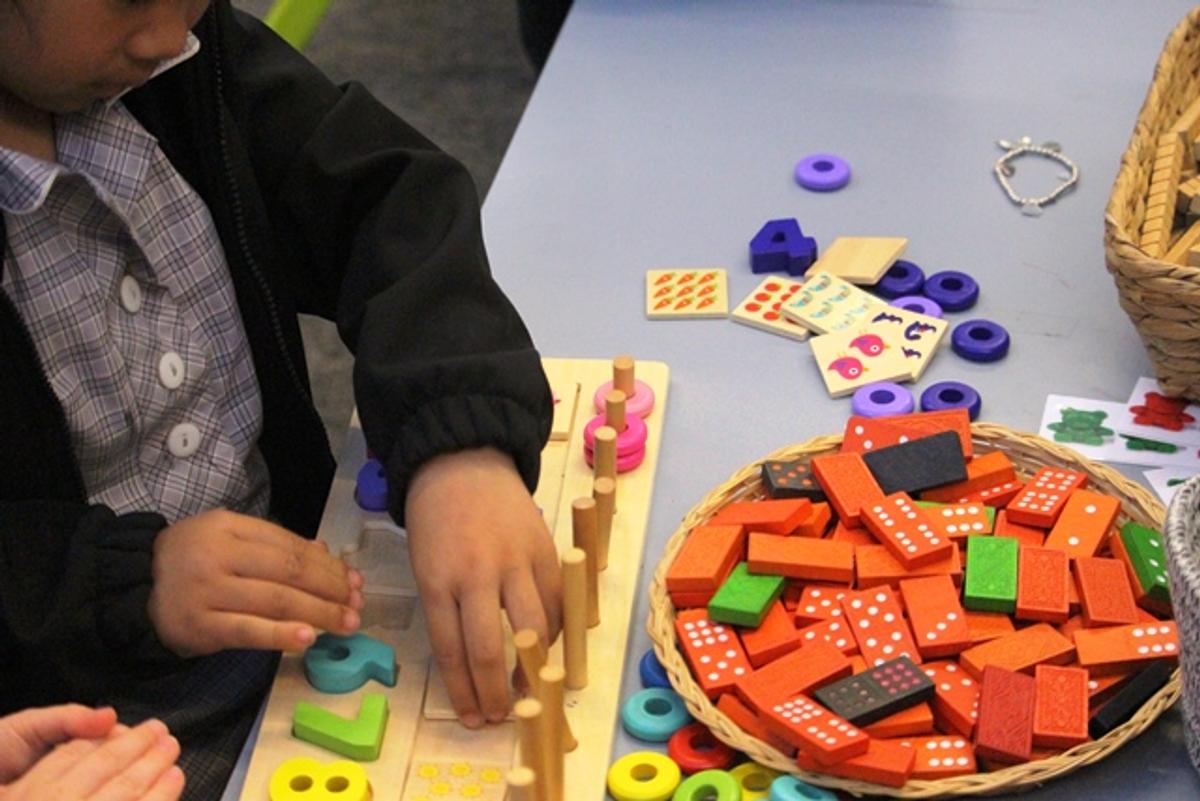
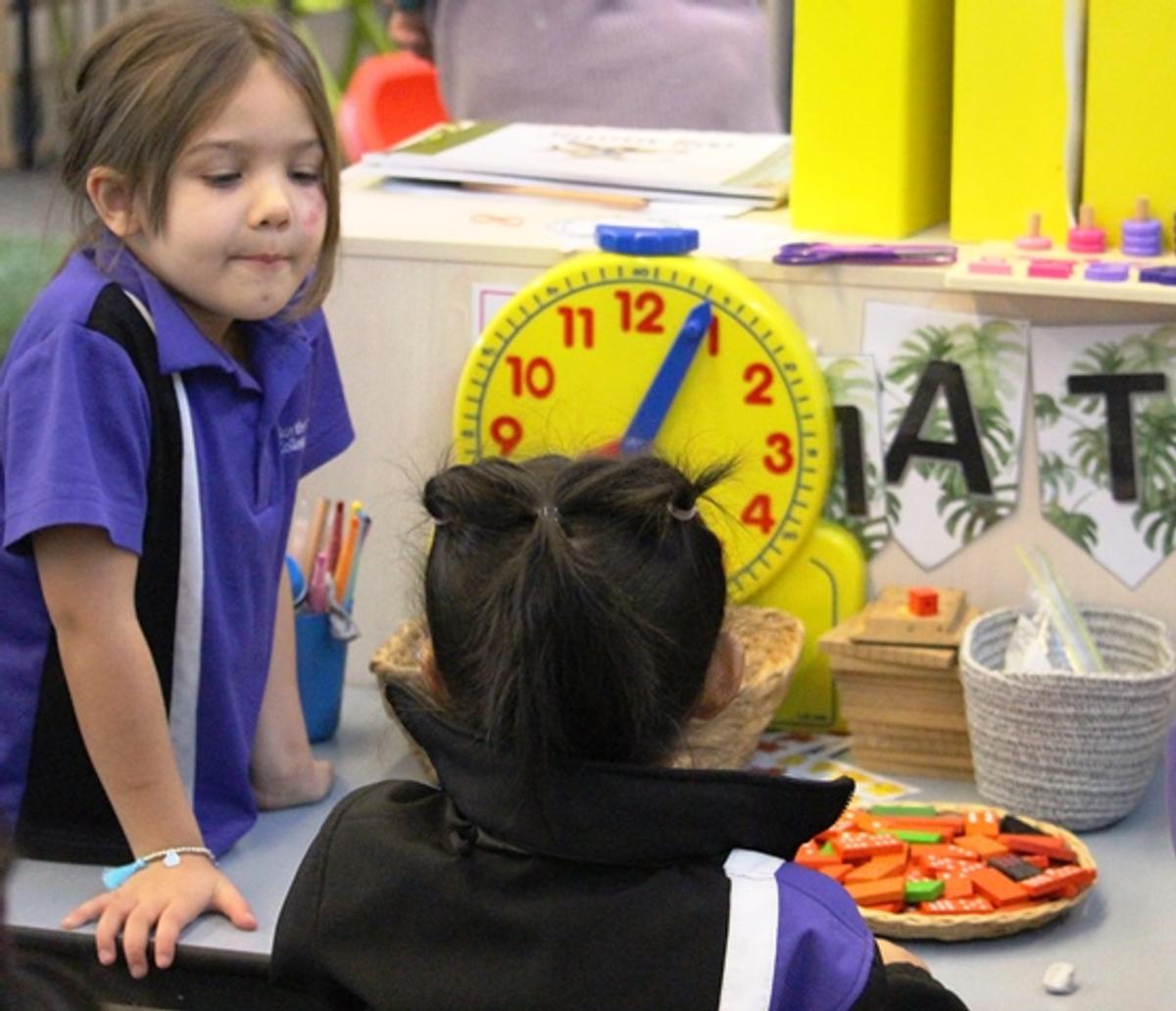




Reflection
When students have finished investigating the teacher will gather the students back to the floor to support the focus children, reporter and photographer, to share their learning and make connections to the subjects that will be happening later in the day.
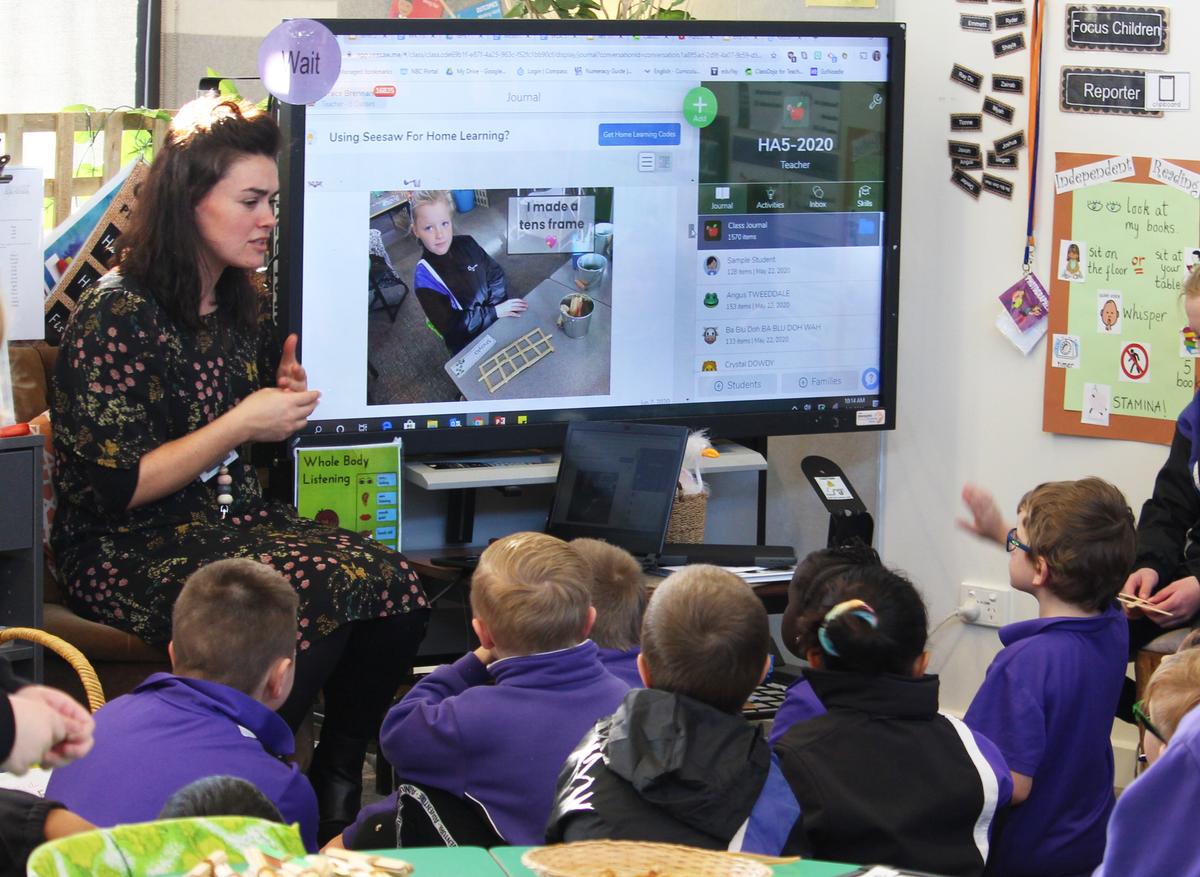
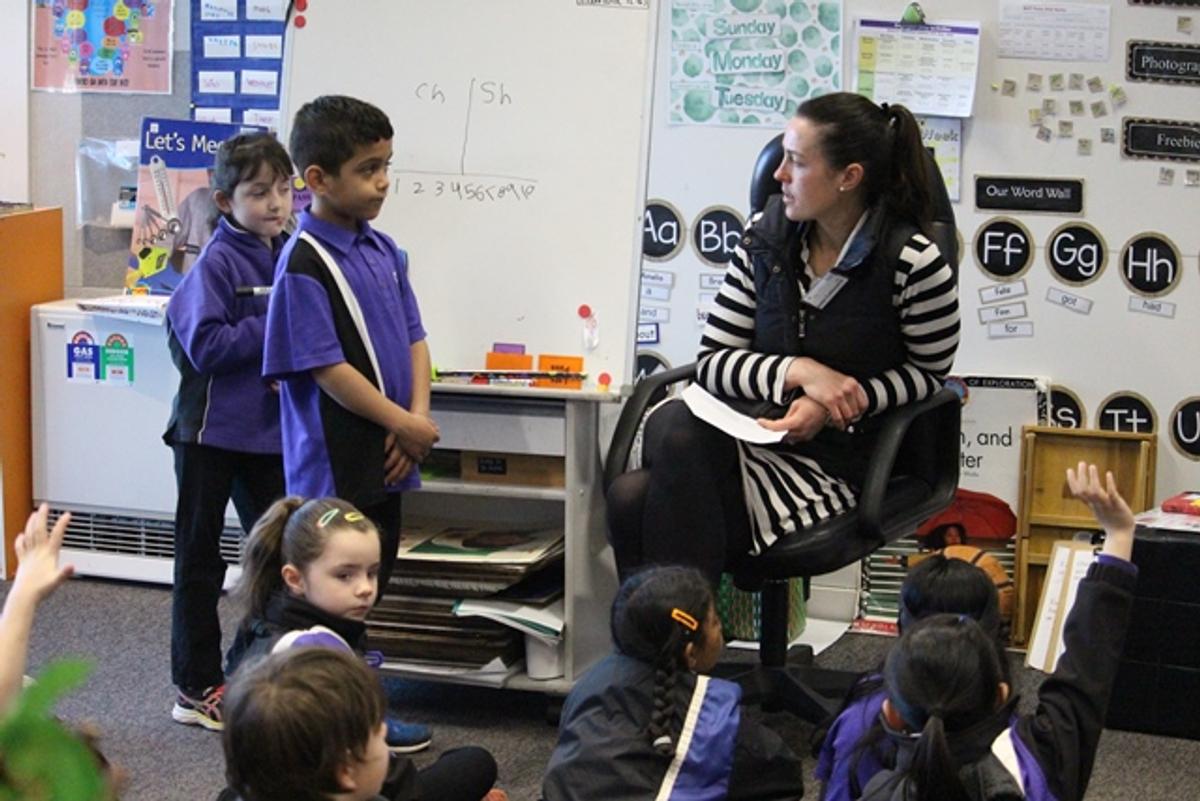


What you can do at home
You can support your children by also helping them to see the connection between the things they are learning at school to the real world and how they will need these skills to do many different things in their lives.
Some examples include: following recipes to cook uses reading and mathematical skills, writing lists for shopping or jobs and reading street signs or text on screens.
